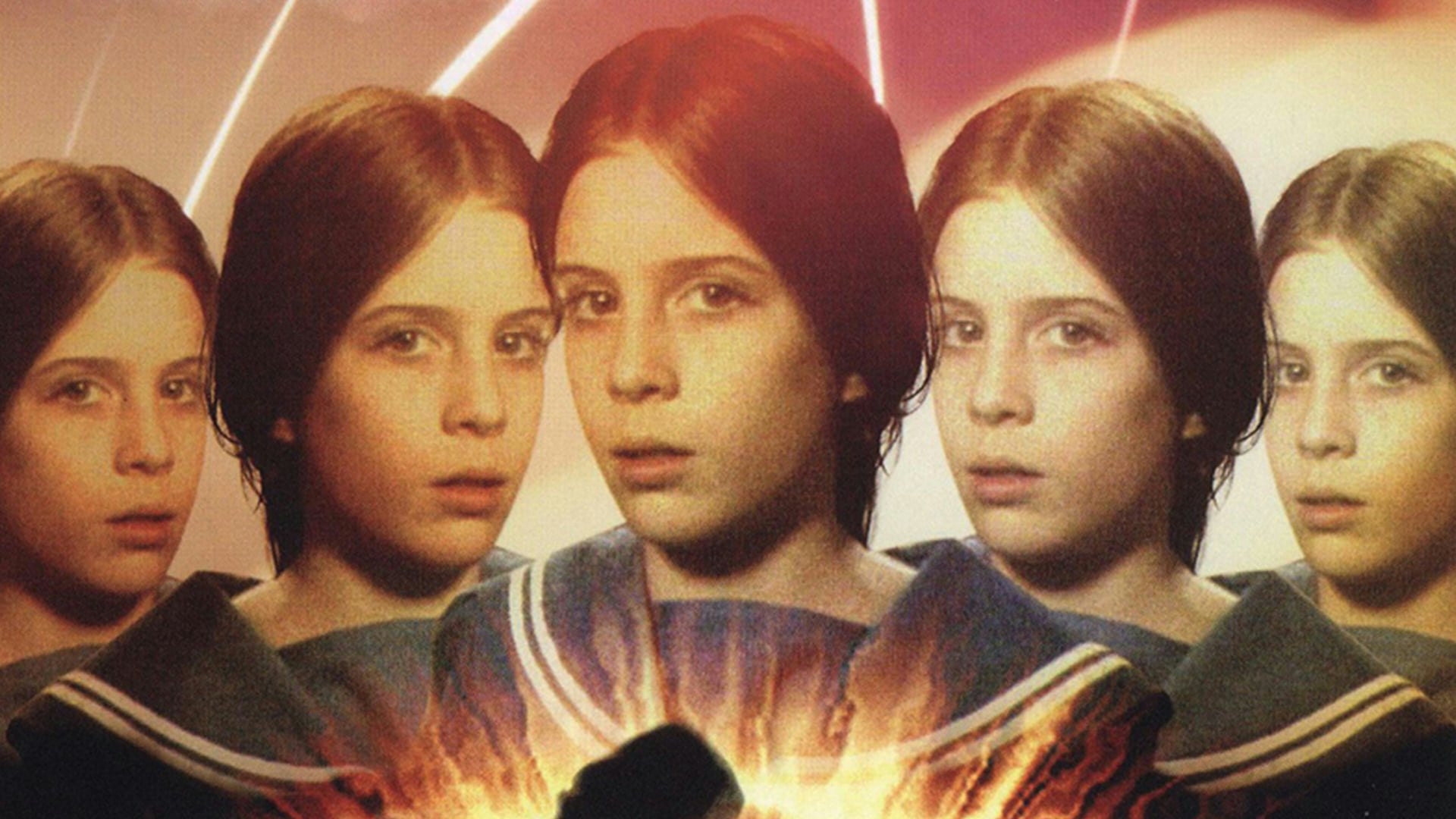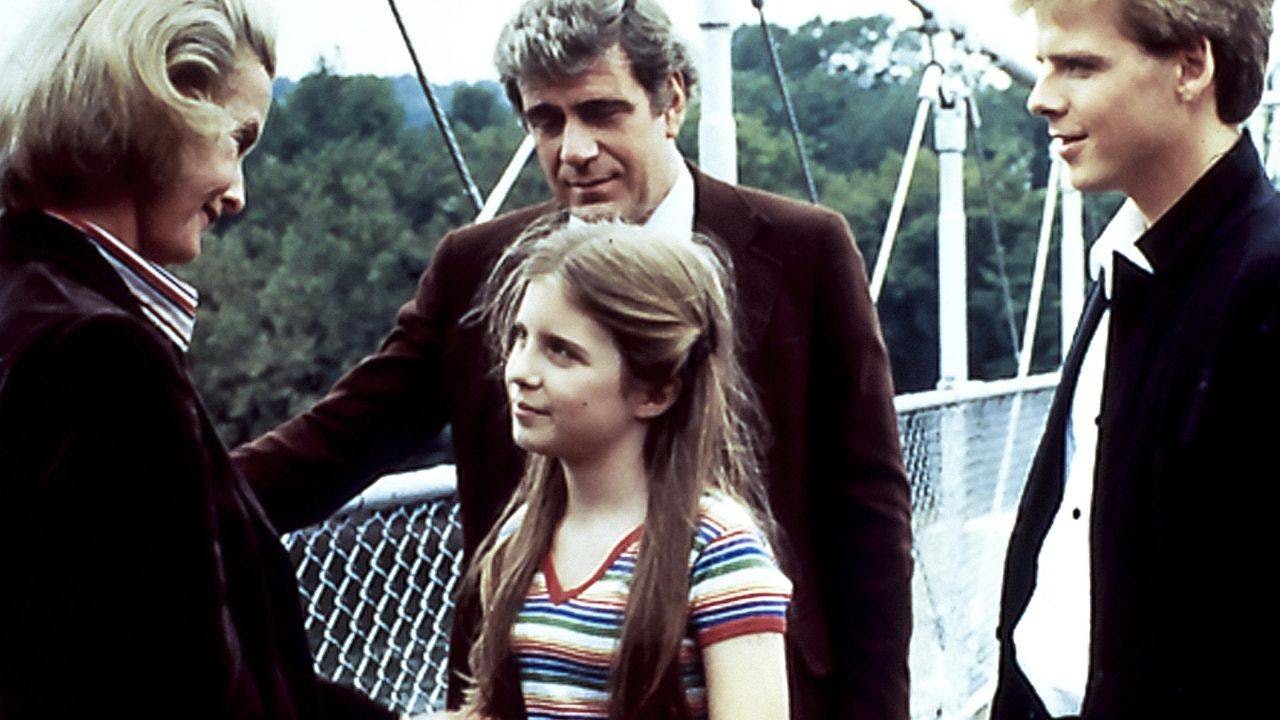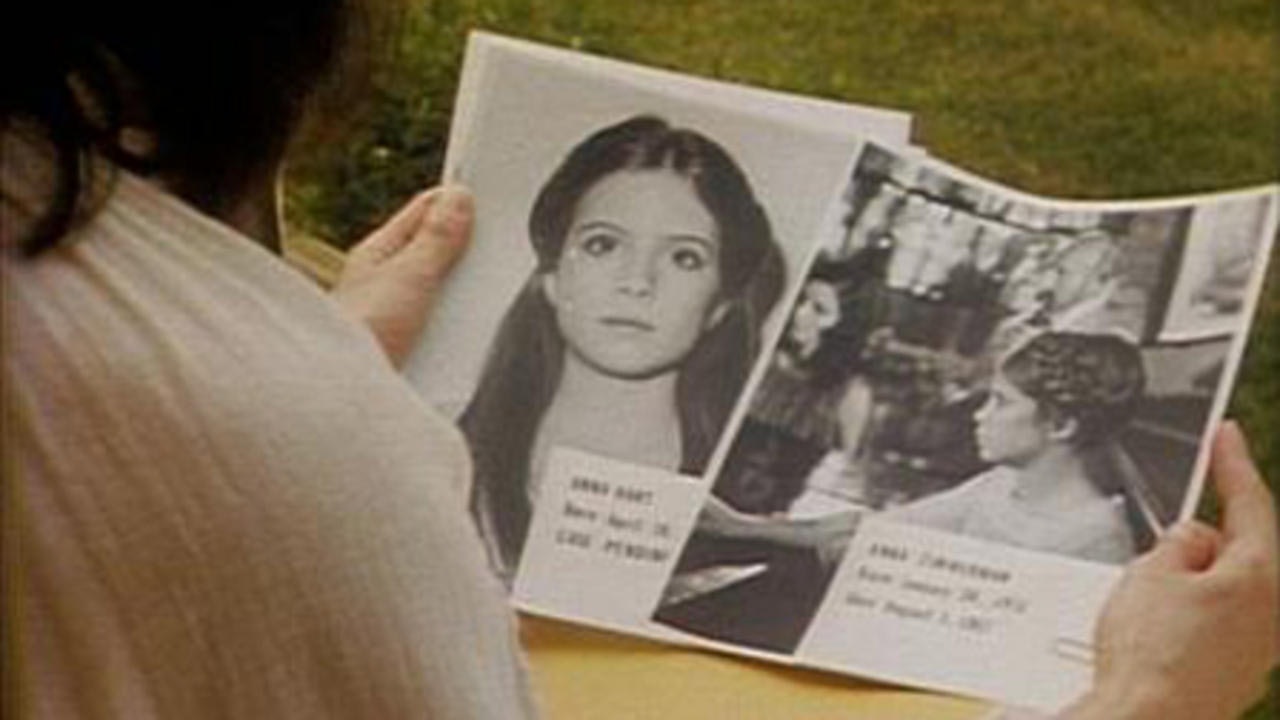
In 1997, a group of scientists stunned the world with the announcement that they’d cloned a sheep named Dolly. When asked by the New York Times to reflect on the achievement, Princeton biology professor Dr. Lee Silver said that Dolly “means all of science fiction is true. They said it could never be done and now here it is, done before the year 2000.''
Dolly did not make all sci-fi become true, but her birth seemed to validate one of the longest-standing ideas in the genre. What if society could be crafted with the same exacting nature as a farmer breeding better crops? What if there could be more than one of the same person? What does it even mean to be a person? A clone is an answer and a riddle at the same time, connecting back to questions asked in classics like Robert Louis Stevenson’s Dr. Jekyll and Mr. Hyde.
WHAT’S YOUR FAVORITE TIME-TRAVEL MOVIE? Click here to help us rank all the ones on Netflix.
Anna to the Infinite Power is a cloning movie inspired by one of the genre’s grand concepts: The cloning of Hitler. But Robert Wiemer’s 1982 made-for-HBO movie, based on a novel by Mildred Ames, flips the idea on its head. Instead of trying to clone Hitler, scientists have become obsessed with cloning a person murdered by Hitler’s regime. And, with some forgiveness for its limitations, the movie is a fascinating entry into the subgenre.
The HBO of 1982 was different from what we know today, known more for its boxing than its original children’s programming. Even Fraggle Rock was still a year away. But Anna to the Infinite Power is what we’d consider a YA movie today, an earnest and interesting exploration of one of sci-fi’s biggest questions.
12-year-old Anna Hart (Martha Byrne) is doing almost too well at school. Even though she’s at a special school for gifted kids, she’s still breezing through her lessons. Her teachers don’t like her and are worried about her curriculum, which is filled exclusively with math and science. She has no interest in the humanities, with her sole focus being on her goal of becoming a scientist.
While her teachers freely acknowledge she has the higher IQ, she’s not as smart as she thinks when she gets caught stealing. She also has aversions to sources of light, with even a flickering candle giving her a severe headache.

This is a great concern to her father (Jack Ryland) and a great annoyance to her mother (Dina Merril). Her dad wants more discipline and more understanding of why she acts the way she does, starting with a therapist. Her mother refuses. Her older brother Rowan (Mark Patton, best known for a later performance in A Nightmare on Elm Street 2: Freddy's Revenge) wants nothing to do with her, and the two fight at every opportunity. She tries telling him about disturbing dreams she’s had, but the two can barely tolerate each other.
One day, Anna makes a startling discovery on TV. A passenger plane was forced into an emergency landing, and one of the passengers was another girl named Anna who looks exactly like her. Weirder still, this scenario was exactly what happened in her dream.
Her mother, a woman of science and reason, dismisses her concerns. But eventually, her brother can’t help but notice evidence starting to pile up. He gives Anna a motorcycle ride to Philadelphia, where they get no answers but plenty of threats, including from a small plane that’s following them.

Soon the problem becomes too big for her mother to ignore, and she tells Anna and Rowan the whole story. Decades ago, a scientist named Anna Zimmerman was on the verge of creating a replicator, an object which could clone food and potentially end world hunger. She was murdered in the Holocaust, but clones of her have been created with the hope that they’ll complete her work.
What the movie lacks in style it makes up for in its compelling third act. Anna begins exploring her humanity with Rowan and her neighbor Michaela (Donna Mitchell), including learning to play piano with more emotion. But then the movie becomes something of a thriller, as Anna explores the secrets of her origin on an isolated island.
There are twists, escapes, and clones, all of which make Anna punch above its weight. It’s a shame that the film is almost forgotten because, as a sort of 1980s Orphan Black, it’s an undervalued part of the decade’s teen canon.
Anna to the Infinite Power is streaming on HBO Max.







